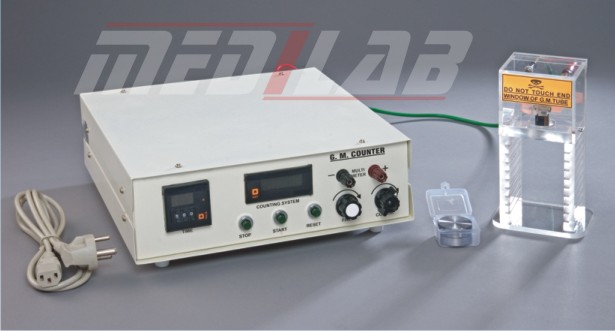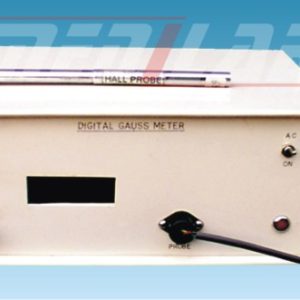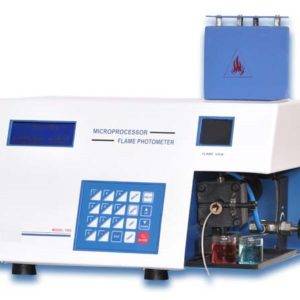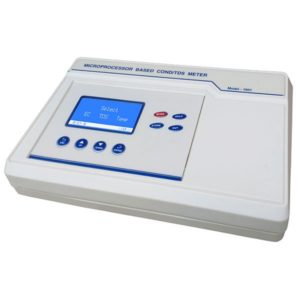Description
A G.M. Counter Digital (Geiger-Müller) is a device used for detecting and measuring ionizing radiation, such as alpha, beta, and gamma particles. The counter consists of a gas-filled tube that is designed to detect the presence of ionizing particles.
The gas inside the tube is typically a low-pressure mixture of gases, such as argon and neon, which become ionized when an ionizing particle passes through them. The resulting electrical discharge is amplified and detected by the counter, producing a pulse of electrical energy that can be measured and counted.
In a digital G.M. counter, the electrical pulses are fed into a digital circuit, which converts them into a digital signal that can be displayed on a screen or stored for later analysis. This allows for more accurate and precise measurements of ionizing radiation, as well as the ability to collect and analyze large amounts of data.
Digital G.M. counters are commonly used in fields such as nuclear power, medical imaging, and environmental monitoring, where precise measurements of ionizing radiation are critical for ensuring safety and maintaining regulatory compliance.







